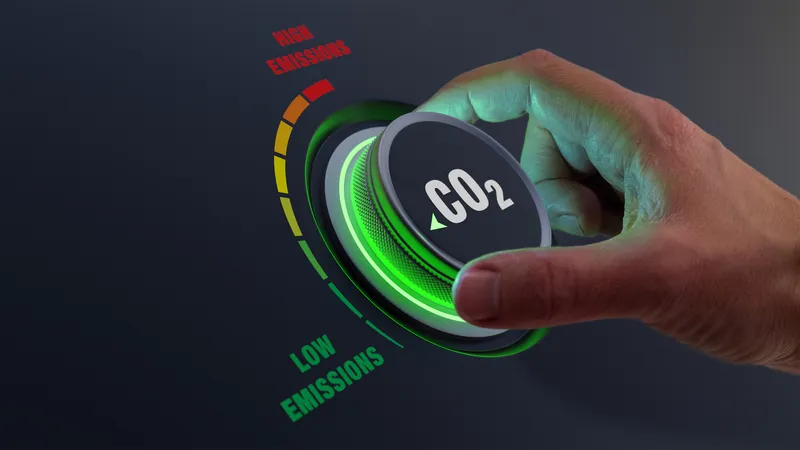
Moves towards the decarbonisation of transport have been pledged by the International Bridge, Tunnel and Turnpike Association.
IBTTA's board of directors has endorsed a Sustainability and Resilience Framework, whose two pillars are:
1) Decarbonising operations, business practices and customer choices
2) Resilience of infrastructure and organisational readiness to confront future environmental conditions and risks.
IBTTA says these will be supported with activities to address data and measurement, partnerships and social impacts.
“This framework not only affirms sustainability and resilience as a strategic priority for IBTTA, but also documents how the association will make a difference, the actions we will take, and the partnerships we seek to get the job done on global level,” said Bill Halkias, IBTTA president and president emeritus of Hellastron, the Hellenic Association of Toll Roads Network in Greece.
"IBTTA acknowledges transportation’s role in contributing to harmful greenhouse gas emissions and the industry’s responsibility to mitigate and reverse the effect on the environment," says Pat Jones, executive director and CEO of IBTTA.
"Our association is committed to helping our members across the globe understand and adopt sustainable investments, operating practices, and business processes. Our aim is to become a proactive part of the solution.”
The framework was presented by the co-chairs of IBTTA's Sustainability & Resilience Task Force: Pedro Costa (Northwest Parkway) and René Moser (Asfinag), with IBTTA’s Mark Muriello.








